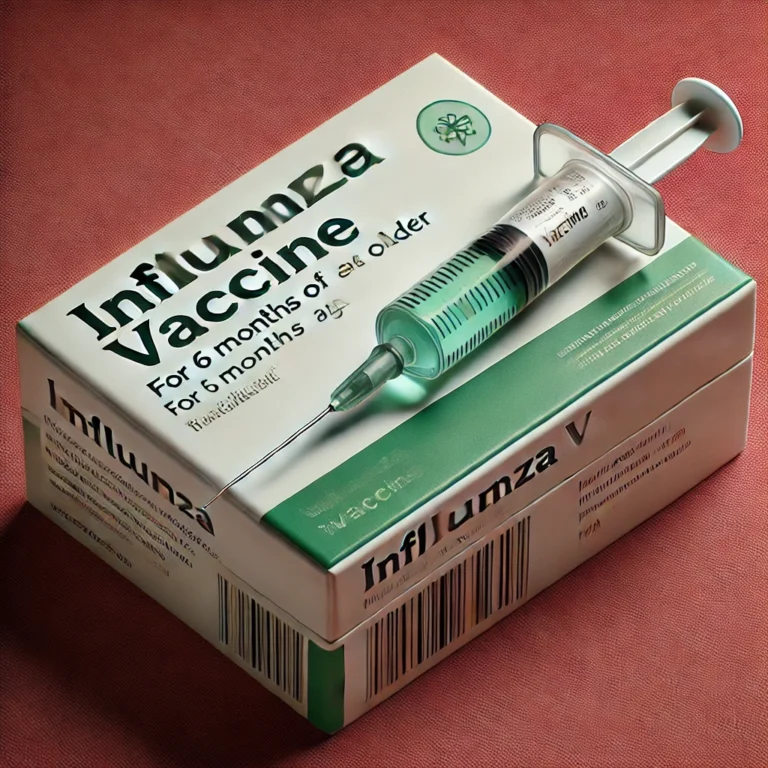In a significant stride towards making healthcare more accessible, generic drug manufacturers have commenced the shipment of their own versions of Takeda’s renowned ADHD medication, Vyvanse. This move holds the promise of providing individuals with more affordable alternatives for managing Attention-Deficit/Hyperactivity Disorder, potentially revolutionizing the landscape of ADHD treatment. In this article, we’ll explore the implications of this development, shedding light on the benefits of generic medications and their role in improving healthcare affordability.
The Rise of Generic Alternatives: The initiation of shipping generic versions of Vyvanse by various drugmakers marks a notable shift in the pharmaceutical sector. Vyvanse, developed by Takeda, has gained widespread recognition as an effective treatment for ADHD. However, its cost has often been a barrier to treatment access for many individuals. The introduction of generic alternatives is expected to address this issue by providing a more cost-effective option without compromising on quality or efficacy.
Affordability and Accessibility: One of the primary advantages of generic medications is their affordability. Generic drug manufacturers can produce these alternatives at a lower cost, as they don’t need to invest in extensive research and development or marketing campaigns. This cost-saving is then passed on to consumers, resulting in significantly lower prices compared to brand-name medications. For individuals seeking long-term ADHD management, generic Vyvanse offers a ray of hope, potentially alleviating the financial strain associated with prescription medications.
Ensuring Quality and Efficacy: It’s natural to question whether generic medications are as effective as their brand-name counterparts. The pharmaceutical industry is tightly regulated, and generic drugs must meet stringent standards set by regulatory authorities. These standards ensure that generic versions of medications, including Vyvanse, contain the same active ingredients, are bioequivalent, and deliver the same therapeutic effects as the brand-name drug. As a result, patients can trust that they are receiving a reliable treatment option.
Patient-Centric Approach: The availability of generic Vyvanse aligns with a patient-centric approach to healthcare. It provides individuals with choices and empowers them to make decisions based on their preferences and financial circumstances. This choice is particularly important in chronic conditions like ADHD, where consistent medication adherence is crucial. The affordability factor of generic versions could potentially lead to better treatment compliance and improved health outcomes.
Consulting Healthcare Professionals: While the emergence of generic Vyvanse is undoubtedly positive, it’s essential for individuals to consult their healthcare professionals before making any changes to their medication regimen. Physicians and specialists play a vital role in guiding patients through treatment decisions, considering their medical history, condition severity, and any potential interactions with other medications.
Conclusion: The introduction of generic alternatives to Takeda’s Vyvanse marks a significant stride towards making ADHD treatment more accessible and affordable. With the potential to provide similar therapeutic benefits as the brand-name medication, generic versions offer a solution to individuals seeking high-quality treatment without the financial burden. As the pharmaceutical industry continues to evolve, such developments exemplify the positive impact that innovation and competition can have on healthcare accessibility.












